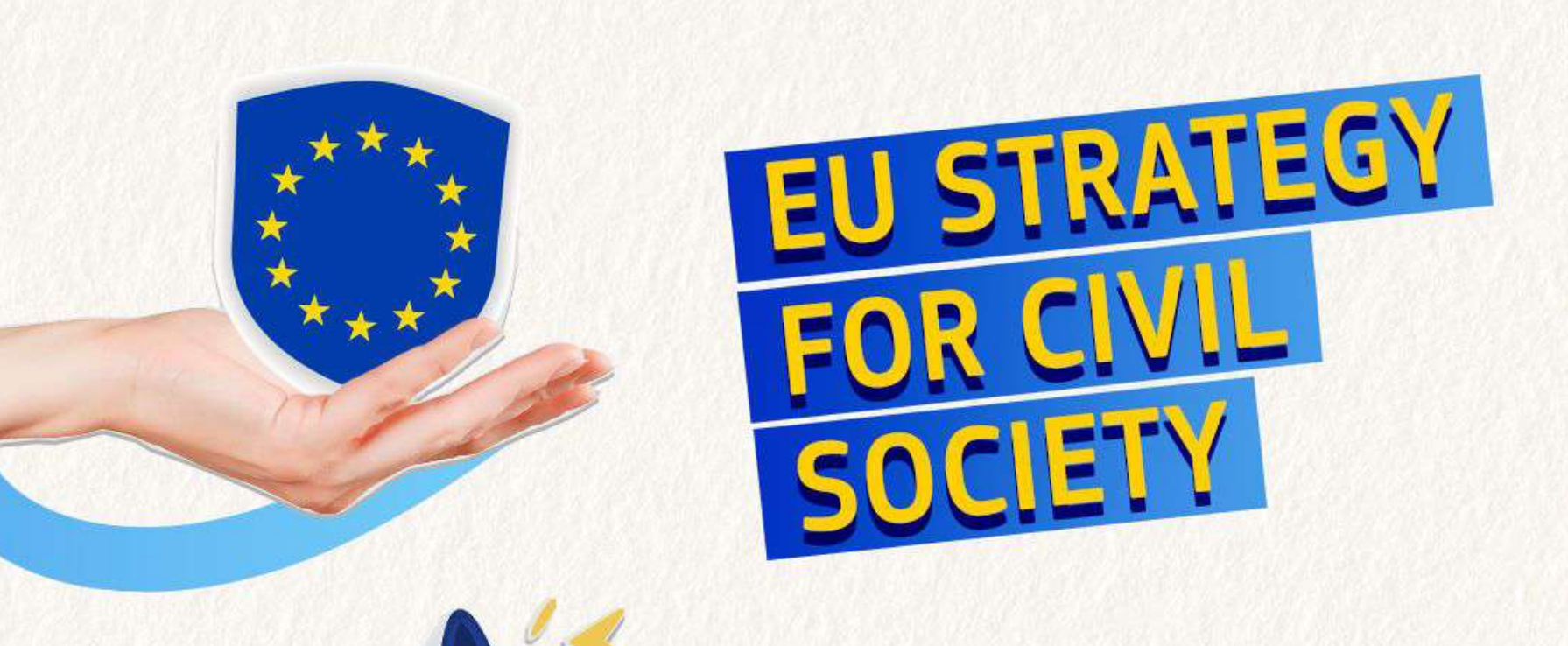Hungarian NGOs Warn Against 15th Amendment's Threat to Fundamental Rights
Eurochild members, part of the Hungarian Child Rights Coalition, are calling on Parliament to reject the amendment, cautioning that it could allow the State to restrict fundamental rights almost absolutely under the pretext of protecting children, leading to serious legal uncertainty.
After the release of the Sovereignty Office Report, which targeted NGOs that received CERV funds, our Hungarian members shared another worrying update concerning the rights and protection of children. A new amendment to the Fundamental Law undermines the fundamental rights system and could allow restrictions on the rights of children, parents, and others without proper safeguards.
The context
The Fundamental Law, the official name for the country's constitution, replaced the previous 1949 Constitution and has been in force since 2012. It has faced criticism for lacking opposition input, promoting the ruling party's conservative ideology, and undermining independent institutions.
The 15th Amendment would change the Article XVI by not only stating that every child has the right to the protection and care necessary for his or her proper physical, mental and moral development, but also explaining that "the protection of children’s right to the protection necessary for their physical, mental and moral development and of their right to a self-identity corresponding to their sex at birth is a fundamental right which is of paramount importance compared to other fundamental rights guaranteed by the Fundamental Law, not including the right to life, and as such enjoys proportionate protection".
The issues
- Limiting rights: The amendment gives child protection priority over almost all other fundamental rights. This could allow the government to restrict the rights of children, parents, and others without clear legal safeguards.
- Lack of consultation: The amendment was introduced without proper discussions with experts or civil society groups, leaving many questions about its impact.
- Uncertainty in law: The broad wording of the amendment may allow excessive government control, even over matters such as parenting choices and freedom of expression.
- Against international standards: The amendment conflicts with the United Nations Convention on the Rights of the Child, which Hungary has agreed to follow.
The coalition emphasises that true child protection must be ensured within a clear and balanced legal framework, and that constitutional amendments should reflect the best interests of the child and international standards.
Read the full statement released on 17 March
Further information:




